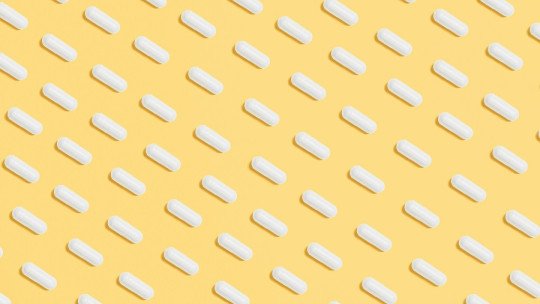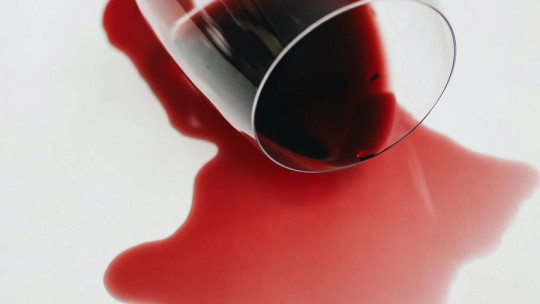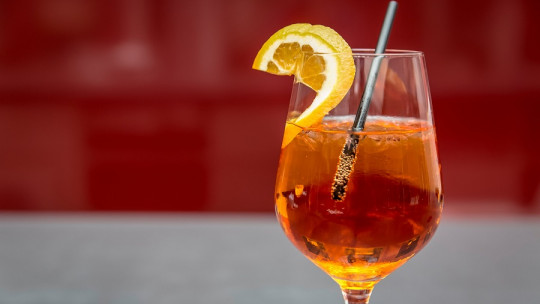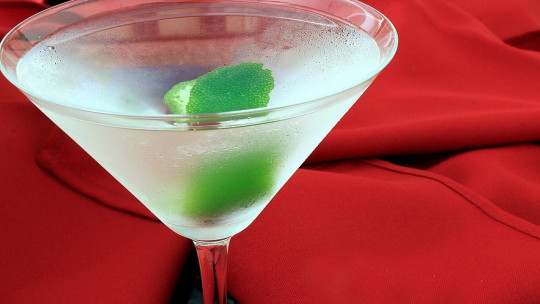
Antabus, known scientifically as disulfiram, has been a tool in the arsenal against alcoholism for decades. His approach is as direct as it is effective: turning the experience of drinking alcohol into something so unpleasant that you think twice before picking up the glass.
This article delves into how Antabus works, unraveling the mechanism behind its effectiveness and exploring both its advantages and limitations.
What is the Antabus for?
Antabus, or disulfiram, is a tool that addiction specialists use to help those who struggle with alcoholism. Its operation is simple but effective: by taking it, the body becomes unable to process alcohol normally.
If a person consumes alcohol while having disulfiram in their system, they will experience some pretty unpleasant symptoms: flushing, nausea, vomiting, and palpitations are just a few of them. Now, why would anyone want to undergo this? The answer is simpler than it seems: the Antabus serves as a constant reminder, a guardian that reminds us of the reasons to stay away from alcohol. It is not a magic solution, but one part of a broader treatment that includes therapy and psychological support.
From my experience as a psychologist specializing in addictions, I have seen how Antabus can be a very effective ally in the fight against alcoholism. But don’t be fooled, the success of this treatment does not lie solely in taking a pill. The real battle is fought in the field of will and personal commitment.
Effects of Antabus when drinking alcohol
Antabus acts as a shield against the temptation of alcohol. When a person drinks alcohol after taking Antabus, the body reacts immediately and, to be honest, quite unpleasant. This medication interferes with the way our body breaks down alcohol.
Normally, alcohol is broken down in the body in several stages, ending in a substance called acetate, which is harmless and easily eliminated by our body. Antabus blocks one of the intermediate stages of this process, specifically the conversion of acetaldehyde to acetate, resulting in a significant increase in acetaldehyde levels in the blood.
And what does this mean in practical terms? Imagine the worst hangover of your life times ten, and that gives you an idea of what it feels like. The idea behind this adverse reaction is both simple and brilliant: to discourage the person from drinking alcohol by associating it with immediate and very unpleasant physical consequences.
Here is a list of the most common effects that a person may experience if they consume alcohol after taking Antabus (disulfiram):
These effects can vary in intensity and will not be experienced by all people. The severity of the reaction may depend on the amount of alcohol consumed and individual metabolism. The purpose of these effects is to strongly discourage alcohol consumption, taking advantage of the direct association between the act of drinking and the immediate negative consequences.
Does Antabus stop the desire to drink alcohol?
Antabus, or disulfiram, is not designed to take away the urge to drink alcohol directly. Its mechanism of action focuses on creating a physical aversion to alcohol.
When consuming alcohol while under the effect of Antabus, an intense adverse reaction occurs that includes symptoms such as nausea, vomiting, palpitations, and sweating, among others. This unpleasant reaction seeks to discourage alcohol consumption by associating its effects with negative sensations.
However, the desire to drink alcohol is influenced by multiple factors including psychological, emotional and social aspects, which the Antabus does not directly address.
The effectiveness of medication as part of a treatment for alcoholism depends largely on the individual’s willingness and commitment to change their behavior and lifestyle, as well as the therapeutic support they receive…
How long do the effects of an Antabus pill last?
Generally, Antabus begins to take effect between 1 to 2 hours after ingestion and can remain active in the system, inhibiting the body’s ability to metabolize alcohol, for 48 to 72 hours.
In some cases, depending on the dose and individual response, its effects may last up to 2 weeks after the last dose. It is important to note that although the direct physical effects of the medication may decrease after this period, sensitivity to alcohol may remain elevated for longer. This means that even after the inhibitory effects of Antabus have subsided, a person may experience adverse reactions when consuming alcohol.
When can you drink alcohol after taking Antabus?
It is recommended not to consume alcohol until at least 14 days have passed after the last dose of Antabus. This period of time ensures that the medication has been completely eliminated from the system, minimizing the risk of experiencing the severe adverse reactions associated with ingesting alcohol while having disulfiram in the body.
You also have to reflect. If a person is following treatment with Antabus, it is because that person has an alcoholism problem. Therefore, the person should not continue fantasizing about alcohol, nor count the days until they drink again without the Antabus effect being activated.
If a patient with alcoholism asks me in consultation when he can drink alcohol again, I explain that he must adjust his expectations and that the goal is to help him learn to enjoy life without needing alcohol.
Can you drink non-alcoholic beer after taking Antabus?
Drinking non-alcoholic beer after taking Antabus is generally considered safe, as these drinks contain very low amounts of alcohol, often less than 0.5% by volume.
However, It is essential to read labels carefully and opt for products that actually have a minimum alcohol content as even small amounts can cause a reaction if the individual’s system is particularly sensitive to Antabus.
Although the amount of alcohol present in non-alcoholic beer is minimal, each person reacts differently to medications and alcohol. Therefore, it is advisable to consult with a doctor or health professional before consuming any type of alcoholic beverage, even those labeled as “non-alcoholic”, while being treated with Antabus.
Furthermore, it is important to consider that, beyond the physical reaction, Drinking non-alcoholic beer can have a psychological effect, such as awakening the desire to consume traditional alcoholic beverages. Therefore, each case must be evaluated individually, taking into account both the physical and psychological risks associated with alcohol consumption in any form during treatment with Antabus.
The Antabus has no effect on me: why?
If you feel that Antabus is not having an effect on you, there could be several explanations. First, it is crucial to understand that Antabus (disulfiram) works specifically by inhibiting an enzyme involved in alcohol metabolism, causing unpleasant effects when alcohol is consumed. If you are not experiencing these adverse effects after drinking, there are some possibilities to consider:
If you suspect that Antabus is not working as it should, it is essential to talk to your doctor. It may be necessary to adjust the dose, review other aspects of your alcohol dependence treatment, or even consider therapeutic alternatives. Open and honest communication with health professionals is key to finding the most effective strategy for your recovery.








